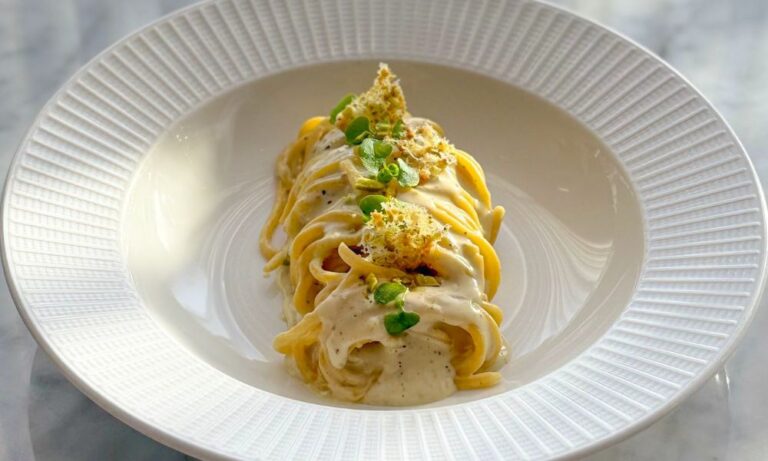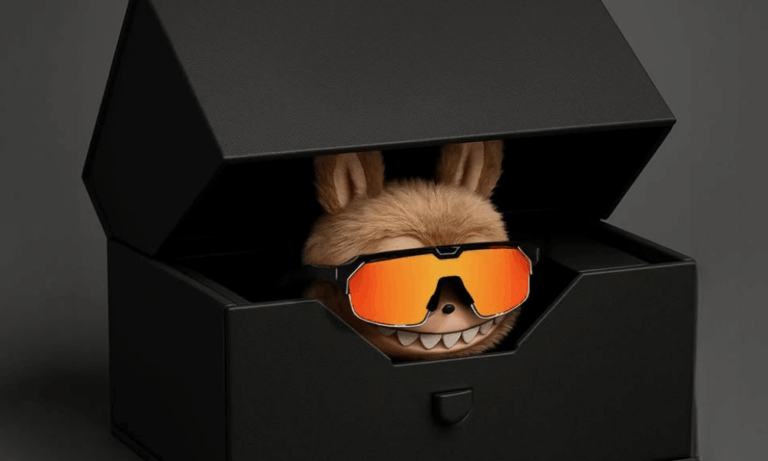At the heart of this shift is a growing understanding that modern luxury consumers, particularly in the Middle East, crave more than just high-end products; they seek stories, experiences, and emotional connections. This new approach goes beyond mere transactions, aiming to create a holistic brand experience that resonates on a personal level. It’s about crafting moments that aren’t just seen or heard but are felt and remembered.
One of the core strengths of experiential marketing is its ability to foster a deeper, more emotional bond between the brand and the consumer. This emotional connection is particularly vital in the Middle East, where luxury is not just a purchase but a part of the cultural fabric. By offering experiences that are culturally relevant and personally engaging, brands can tap into the deeper narrative of luxury that resonates with Middle Eastern consumers. This might include exclusive launch events, immersive pop-up installations, or interactive digital experiences that blend the traditional with the innovative.
Furthermore, experiential marketing in the Middle East isn’t just about the grandeur and spectacle; it’s also about personalization and inclusivity. The modern luxury consumer values experiences that feel tailored to their individual preferences and lifestyles. This personal touch not only enhances the overall experience but also strengthens brand loyalty. When consumers feel that a brand truly understands and caters to their unique tastes and needs, they are more likely to develop a long-term, loyal relationship with that brand.
Another significant aspect of this marketing approach in the Middle East is the integration of technology. From virtual reality to augmented reality, luxury brands are leveraging cutting-edge tech to create more immersive and engaging experiences. This technological embracement not only appeals to the tech-savvy consumers but also allows for innovative ways to experience a brand beyond the physical product.
The impact of experiential marketing on consumer engagement in the Middle East is clear. It transforms passive consumers into active participants in the brand’s story. This active participation leads to higher levels of customer satisfaction, more robust brand recall, and, ultimately, increased brand loyalty. In a region where luxury brands are plentiful, those that offer unique, memorable experiences stand out.
As the luxury market in the Middle East continues to evolve, the brands that will thrive are those that understand the power of experience. Experiential marketing offers a new dimension to luxury – one that is dynamic, engaging, and deeply personal. It’s not just about selling a product but about creating a legacy of memorable experiences that bind the consumer to the brand in a lasting and meaningful way. The future of luxury marketing in the Middle East, therefore, lies in the ability of brands to continuously innovate and provide exceptional experiences that captivate the modern consumer’s heart and imagination.
ALSO READ: JOURNEY THROUGH BALI’S HUES: A COLORFUL EXPEDITION WITH RANA KHADRA.




